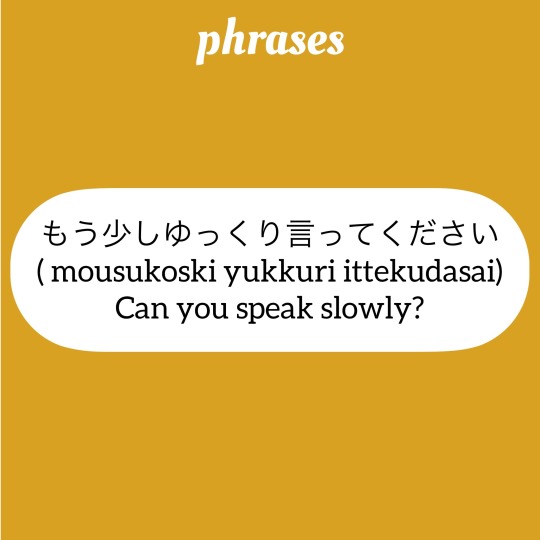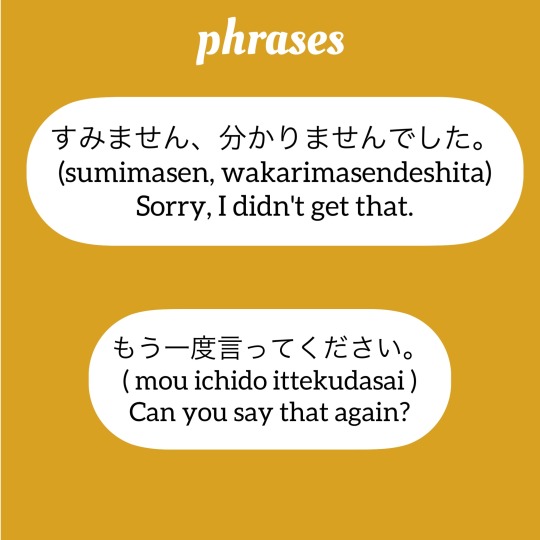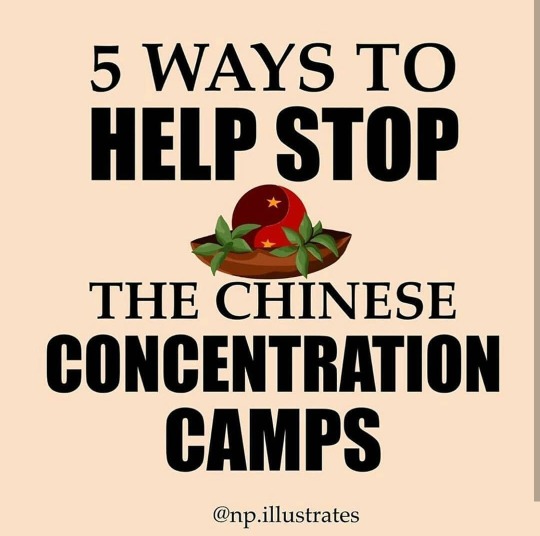Text
Me, when I started learning my target language: I'm so motivated. I love this language and I will make it to A2 this year
Me now: okay never mind I'm just gonna read fanfiction in my target language and learn it that way
*reads two sentences* I'm giving up
43 notes
·
View notes
Text
I learnt English by reading fanfiction
What should you be reading to maximize your language learning?

It’s easy to get overwhelmed by the sheer amount of literature we can learn from. Baby books bore you, but you’re not ready for any type of novel, so what’s left?
Here are some tips
For beginner/A1/A2 learners
Watch a YouTube video in your target language, then read the comments
you’ll already have vocabulary from watching the video, most of the comments will probably use that vocab
it’s a short enough text that you won’t get fatigued
the only downside is that sometimes people utilize abbreviations and slang terms, but even these are good to know
Read news headlines and if you find one you understand almost fully, try to read the full article
sometimes the vocabulary used is not common in everyday usage, but it’s a total win for an A1 learner to fully read and mostly understand any text
while vocab is not used everyday, it will give you the ammunition to talk about that particular topic
Watch Netflix in target language with subtitles in the same language
believe it or not, you will learn to read better, especially because you don’t have to understand written description of visuals (usually uses very niche vocab) or emotion
and now you can slow down or speed up
I watched DARK in German before I felt like I could read a book, and I understood 85% of it. This is because I looked up some vocabulary in the first episodes and they continued to use it throughout the show so it really cemented in my head to the point where I don’t even think about it. Now, I had to rewatch some conversations the characters had, but that’s much better for understanding than switching it to English or looking up full phrases and sentences.
For intermediate/B1/B2 learners
read fanfiction
it’s ALWAYS good to read about something you’re interested in so if you like any major movies, books, television, this is the perfect option for you
most people use relatively basic language and you can choose the length
find a comic book or graphic novel
like watching tv, that visual aid really helps with understanding of the plot without all those tricky descriptions
read a book in your target language that you’ve read and loved in your native language
this is by far my favorite way
you don’t have to worry about trying to understanding the bigger picture because you already know what’s happening/what will happen, you really have to discover the meaning of each sentence and then you begin to picture the scene using only your target language
Check out my other post for methods of how to get the most out of reading !
8K notes
·
View notes
Text
Hey did you know I keep a google drive folder with linguistics and language books that I try to update regularly
UPDATE because apparently not everyone has seen this yet the new and improved version of this is a MEGA folder
215K notes
·
View notes
Text

About Estonian
“Did You Eat the WHOLE Cake?” On Learning Estonian by Judith Knott (Deep Baltic) | “Estonian is popularly known as a difficult language to learn. Much of its vocabulary is unfamiliar, as the only other national languages it’s related to are Finnish and, more distantly, Hungarian. It’s even been described as the most difficult Latin-alphabet language for a native English speaker, and some of its features have assumed an almost mythical status. From my experience so far, I would agree that it’s challenging, but one of the coping strategies is to focus on one’s own reality as a learner (which will be different for each individual) and not be daunted by the myths.”
The Estonian Language by Urmas Sutrop (The Estonian Institute) | A booklet covering the history of the Estonian language, an overview of grammar and syntax, and information on dialects and related languages. (FR/GER/SWE)
Online language programs
Keeleklikk / Keeletee | These online, multimedia programs from the Estonian government cover levels 0-A2 and B1-B2, respectively. Both include feedback and correspondence with professional Estonian language teachers (all free!).
Speakly | This program is most similar to Duolingo, and has extra features like listening exercises to explore. If you look around the internet, you can often find a free code. And in 2021, there is a new simplified free version on mobile.
Some quality older resources have gone offline: Lingvist’s short course in Estonian, and Kultuuriklikk, a companion to the Keeleklikk series that introduces Estonian culture at a B level. I hope they will be back some day!
Language textbooks
E nagu Eesti / T nagu Tallinn / K nagu Kihnu | This widely used series is the current standard for classroom instruction. Independent students may find it a challenge, because while there are EN/RUS/FI glossaries, all of the teaching is in Estonian.
Estonian Textbook | Though the author is now also recognized as a Soviet spy, this book contains some of the best explanations of Estonian grammar available in English.
There are other widely available Estonian books, such as from the Teach Yourself or Colloquial series. I don’t think they are as focused or well-organized as the texts above, but it’s not to say you can’t get some value from them.
Media
Television | Eesti Televisioon is the national public broadcaster in Estonia. Its native language programming is mostly free to stream worldwide. See what is airing this minute in Estonia or browse the archive.
As far as I know, there isn’t a “slow news” service, but some programs have closed caption options. People tend to speak more clearly on the chat shows, although the subject matter can be more abstract than on scripted TV.
Music | There’s more to Estonian music, but the Laulupidu is a good place to start. The Üheslaulmine from 2018 is a more casual sing-along.
Podcasts | Many options among those listed at podcastid.ee and the public radio podcasts at Vikerraadio. One to check out is “Järgmine peatus,” where guests share their travel experiences (Estonians love to travel!).
Newspapers and magazines | Some old school newspapers are Postimees and Eesti Päevaleht. On the magazine side, Anne & Stiil is something like Estonian Cosmo. Sirp and Müürileht are higher brow cultural magazines; Edasi follows current affairs.
Online dictionaries and tools
Eesti - Inglise - Eesti sõnaraamat | Estonian - English dictionary.
Sõnaveeb | An Estonian-only dictionary, but one with a great interface and extras like verb conjugations, and a simpler version for language learners.
Eesti keele seletav sõnaraamat | A dictionary that provides correct examples of word usage.
Sihitisesõnastik | A dictionary to find the correct object case of a verb.
Eesti Keele Instituut | Home of many more specialized dictionaries and resources.
Filosoft | Tools to find word stems and conjugations and declinations.
371 notes
·
View notes
Text
Isso. Mittlerweile rede ich mit meinen Freunden auf Englisch, weil es einfacher ist.
the four horsemen of the trying to be gender neutral in a gendered language apocalypse:
s/he, him/her, his/hers, all the slashes
mildly obscure neo- pronouns/conjugations you’re not sure your using correctly but no one elae seems sure either
using someones name excessively because their pronouns dont exist in this language
everything is said in a passive tense because it is at least a little bit better. but then increasingly weird sentences are made to avoid pronouns.
66 notes
·
View notes
Text
dropbox containing linguistics textbooks
contains 34 textbooks including etymology, language acquisition, morphology, phonetics/phonology, psycholinguistics, sociolinguistics, & translation studies
dropbox containing language textbooks
contains 86 language textbooks including ASL, Arabic, (Mandarin) Chinese, Croatian, Czech, Danish, Dutch, Estonian, Farsi, French, German, Greek, Hebrew (Modern & Ancient), Hindi, Hungarian, Icelandic, Italian, Japanese, Korean, Latin, Lithuanian, Norwegian, Polish, Portuguese, Punjabi, Romanian, Russian, Serbian, Slovene, Spanish, Swahili, Swedish, Tagalog, Thai, Turkish, Urdu, Vietnamese, Welsh
dropbox containing books about language learning
includes fluent forever by gabriel wyner, how to learn any language by barry farber, polyglot by kató lomb
if there’s a problem with any of the textbooks or if you want to request materials for a specific language feel free to message me!
30K notes
·
View notes
Text
from A1 to A2: omg I’m nearly fluent! I understand so much and I just love this language! learning languages is so amazing!
from B1 to B2: day 2746261. dear diary, today I tried to read a newspaper article in my target language and I found 12 irregular verbs, 3 incomprehensible grammar structures, and 7 words I couldn’t find in any dictionary. I will never be “fluent”. This language is too difficult. I hate learning languages.
7K notes
·
View notes
Text

Writing With Color – Featured Description Posts
Some of our most useful posts on describing People of Color, all in one place.
Words to Describe Hair
Words to Describe Skin Tone
Describing Asian Eyes
Describing Wide Noses
Describing Undead & Sick Dark Skin
Describing POC and Avoiding Caricatures
Describing Unnatural Skin Tones: Green
Describing Unnatural Skin Tones: Jaundice
Indicating Race of Characters (FAQ Questions #3-4)
Not Indicating Race at All – Note: You Probably Should
Praising Beauty Without Fetishizing
Olive Skin, Race and Ethnicity
Specific Description Posts
Describing Skin as Swarthy (Spoiler alert: it’s sketchy)
Describing East Asian Skin as Porcelain (Spoiler alert: it’s also sketchy)
Describing Skin as Russet (Spoiler alert: it’s alright)
Describing PoC as Exotic (SA: it’s othering)
Describing Skin as Ebony (SA: it’s cliche)
Describing Natural Hair as Cloud-Like (SA: it’s cool)
Describing Black Hair as Unkempt (SA: it’s offensive)
Describing Black Hair as Kinky (SA: it depends)
Describing Skin as “Dark as Night” (SA: it also depends)
Describing Skin as Like Dirt or Soil (SA: See above)
Describing Skin as just “Dark.” (SA: it’s vague)
Describing Black Hair as “Nappy” (SA: it ain’t recommended)
Describing Skin With Food (SA: it’s a no-no)
–WWC
47K notes
·
View notes
Text
vietnamese resources

textbooks: Teach Yourself Vietnamese, Vietnamese Grammar (no practice), FSI Vietnamese Basic Course, Elementary Vietnamese
dictionaries: vi.glosbe, bravolol, vi-jp dict, dict compilation
Learn Vietnamese with Annie: a vietnamese native teaching her language to english speakers
resource compilations: morevietnamese, wonderful-language-sounds, langauge-obsession
reading exercies from beginner to advanced
ebooks including some audio
tip: there’s a lot more jp<–>vi resources on the internet, so if you speak japanese, I suggest googling it, too. please tell me if I should make a jp<->vi resource list!
71 notes
·
View notes
Photo








Reblog this if you are a langblr learning Japanese!
270 notes
·
View notes
Photo

俺にはわからない、ずっとそうだ…自分の力を信じても…信頼に足る仲間の選択を信じても…結果は誰にもわからなかった…だから…まぁせいぜい…悔いが残らないほうを自分で選べ
ずっとそうだ – it’s always been like that
ずっと continuously in some state (for a long time, distance); throughout; all along; the whole time; all the way
自分の力 じぶん の ちから My own strength
信じても しんじる to believe [here in ~ても form ‘even if’ Even if I believe in my own strength…]
信頼に足る しんらい に たる trustworthy; reliable [Noun or verb acting prenominally]
仲間 なかま friend/companion
選択 せんたく choice [suru verb]
結果 けっか result [suru verb]
誰 だれ
結果は誰にもわからなかった No one knew the outcome.
Useful language
誰にも + verbない = no one ; nobody
誰も + affirmative verb = anyone
せいぜい at the most; at best; to the utmost; as much (far) as possible
悔い くい regret [noun](悔いる to regret)
残る のこる to remain/ to be left
自分で選ぶ じぶん で えらぶ Make your own choice; pick one;
ほう way; direction; side
わからなかった past tense of わからない
悔いが残らないほうを自分で選べ Choose the one that leaves you with no regrets.(If you struggle with translating, always start from the end. If your sentence starts with a noun + は particle, then start from the noun then move to the verb.)
I don’t know… I never have. I can believe in my own abilities or the choices of the companions I trust. But no one ever knows how it will turn out. So choose for yourself, whichever decision you will regret the least. I think that is the official translation.
59 notes
·
View notes












